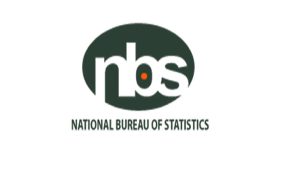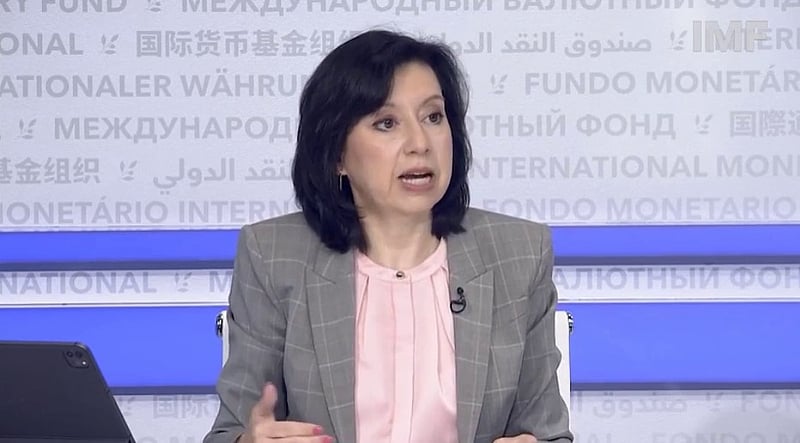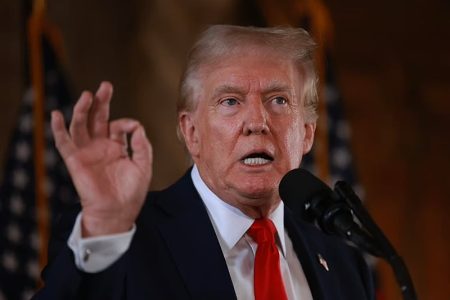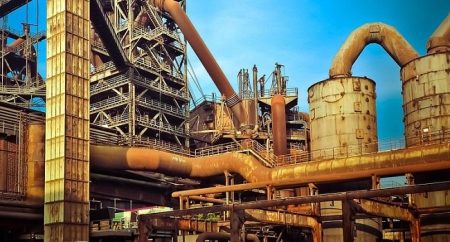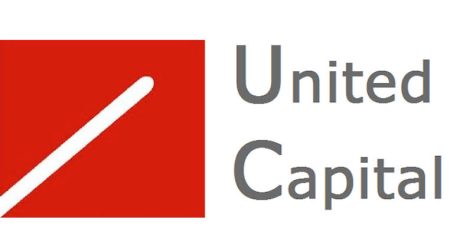Ghana’s energy sector, a crucial engine for economic growth and development, has been grappling with significant financial challenges, accumulating substantial debt and struggling to meet its operational costs. This precarious situation has prompted the government to introduce a new Energy Sector Shortfall and Debt Repayment Levy, a measure designed to address these structural weaknesses and pave the way for a more sustainable energy future. The levy, set at GH¢1 per litre on petroleum products, aims to generate much-needed revenue to plug financial gaps and pay down the mounting debt. It is a key component of the broader fiscal reforms outlined under Ghana’s Extended Credit Facility (ECF) programme with the International Monetary Fund (IMF).
The IMF has strongly endorsed the levy, recognizing its strategic importance in tackling the energy sector’s financial woes. The institution views the measure as timely and necessary, highlighting its potential to bolster Ghana’s ability to achieve the fiscal objectives outlined in the ECF program. This endorsement underscores the IMF’s confidence in the levy’s potential to contribute to the long-term stability and viability of Ghana’s energy sector. The levy, according to the IMF, is a crucial step towards ensuring the sector’s financial health and its ability to support the country’s broader economic development goals.
Despite the IMF’s backing, the introduction of the levy has ignited considerable public debate and faced strong opposition, particularly from the Minority in Parliament. Critics argue that the levy places an undue burden on already struggling consumers, exacerbating the cost of living crisis and potentially deepening public resentment. They contend that the government should explore alternative solutions that do not disproportionately impact the most vulnerable segments of society. The debate highlights the complex balancing act between fiscal responsibility and social equity, raising questions about the trade-offs involved in addressing critical economic challenges.
The government, however, maintains that the levy’s impact on consumers will be minimal, emphasizing that current pump prices remain lower than during previous inflationary peaks. Officials argue that the levy is a targeted intervention designed to stabilize a critical sector without significantly affecting consumer purchasing power. They emphasize the importance of a financially sound energy sector for the country’s overall economic health and argue that the levy is a necessary step towards achieving this goal. Furthermore, the government has pledged to implement measures to mitigate the potential impact on vulnerable populations.
In response to stakeholder concerns and to allow for further consultations, the implementation of the levy has been postponed from its original effective date of June 9th to June 16th, 2025. This postponement provides an opportunity for the government to engage with key industry groups, address their concerns, and enhance transparency regarding the levy’s management and application. This delay also allows for a more comprehensive assessment of the levy’s potential impact and facilitates the development of appropriate mitigation strategies.
As the new implementation date approaches, various stakeholders, including industry groups and consumer advocacy organizations, are calling for greater transparency and public engagement. They urge the government to utilize the extended timeframe to clearly articulate how the levy funds will be managed and to establish robust mechanisms for accountability. This emphasis on transparency and accountability reflects the public’s desire for greater assurance that the levy will be used effectively and efficiently to address the energy sector’s challenges and contribute to the country’s economic well-being. The postponement offers a critical window for building public trust and ensuring the levy’s successful implementation.


